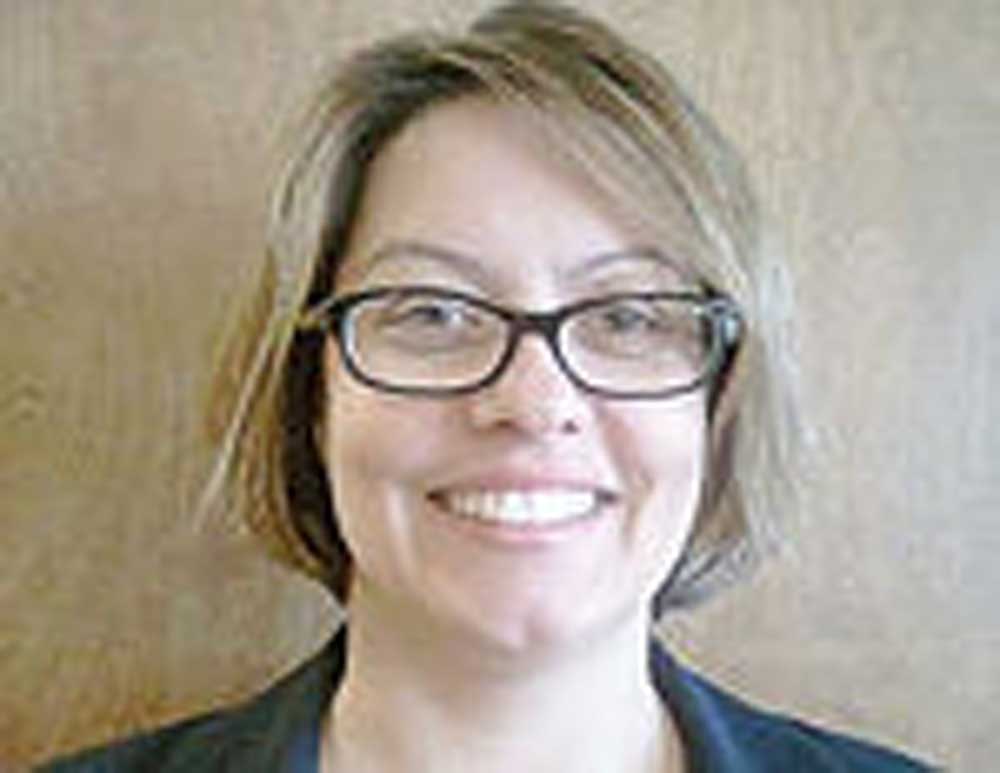Panel requests disbarment for local attorney
Published 11:49 am Wednesday, March 8, 2017

- Lisa Klemp
An attorney who practiced in Bend and Redmond is facing disbarment following claims she conspired with a boyfriend to defraud his older wife of her trust.
A three-person panel employed by the Oregon State Bar to review its findings found many of the bar’s allegations credible and in a Feb. 28 decision recommended disbarment for Lisa Klemp, who is also a former member of the Redmond School Board.
Trending
The panel confirmed the bar’s allegations that Klemp engaged in a romantic relationship with a client, Ted Andrach. Andrach was married to a much older woman, Lauren Wells, who was the benefactor of a trust.
The bar and panel found that Klemp and Andrach tried to fool Wells into thinking Klemp was representing her and the interests of her trust, when in actuality she was representing her own interests and those of Andrach. It’s alleged that the two defrauded Wells and used the trust to fund their lifestyle together, and for Andrach to pay for things such as court-ordered counseling following a domestic violence conviction against Wells, as well as a Match.com membership.
“Both Andrach and Klemp attempted, and succeeded, in using Wells’ money and property to their own benefit, and to the detriment of Wells,” the panel’s majority opinion states.
When reached Tuesday, Klemp maintained her innocence, and said the panel “completely and wholly fabricated events.”
Klemp now has until May 1 to file an appeal with the Oregon Supreme Court or the matter is final. If Klemp appeals, the Supreme Court will hear arguments from her representative and the bar. If the court upholds the panel’s opinion, Klemp has one last shot at filing a request for reconsideration.
“It’s relatively rare for a case to be reversed on a reconsideration request,” said Kateri Walsh, spokeswoman for the bar.
Trending
The panel was made up of attorney David Coughlin, of Baker City; attorney Max Taggart, of Ontario; and William Olsen, a member of the public. Olsen and Coughlin wrote the majority opinion, while Taggart produced a dissenting opinion claiming the bar did not prove its claim and that the case should be dismissed.
Klemp said Taggart got it right.
“It’s apparent that he was actually paying attention to the proceedings, and that he reviewed the record in its entirety, and he analyzed the allegations and the entire facts,” Klemp said.
Wells and Andrach were married in 2004, the day after the two signed a prenuptial agreement, the opinion states. According to Taggart’s dissent, it was agreed that Andrach wouldn’t work and would receive an allowance of $1,000 per month, a home with paid utilities, food, clothing, a vehicle and fuel allowance, maintenance and insurance, and other benefits a working spouse would provide a stay-at-home spouse. Andrach was to provide companionship as compensation.
The relationship seemingly went as planned until 2012, when Wells left Bend following a fifth DUII conviction, the opinion states. She was found as a fugitive in California and was extradited to the Deschutes County jail.
In September 2012, Andrach used Klemp to gain power of attorney from his incarcerated wife so he could make financial decisions on behalf of the trust, the opinion states. Klemp visited Wells at the jail several times that month trying to get Wells to sign over power of attorney. She did not tell Wells that she was representing Andrach, and that Wells was not being represented by anyone during their conversations, the opinion states.
During the final September visit, Wells signed power of attorney over to her husband, with Klemp acting on his behalf.
Klemp disputed this claim and said Wells knew she was acting on behalf of Andrach.
In July 2013, Klemp and Andrach approached Samantha Vinson, who was renting a home owned by the trust, with a new lease agreement, the opinion states. Under the new agreement, Vinson’s rent was would be paid to Klemp and Andrach, rather than to Linda Jordan, who is Wells’ sister, according to testimony Vinson gave to the panel. Vinson said she didn’t ask questions because Klemp was an attorney, and the two told Vinson that Jordan was planning to evict her anyway.
Klemp also sent a $53,500 check from the trust to Andrach, which at the time was claimed to be reimbursement for money he loaned the trust. In actuality, the panel and bar found, the money was to reimburse Andrach for personal expenses, such as domestic violence counseling and a polygraph test directly related to his domestic violence conviction.
“They did not benefit Wells in any manner,” the opinion states.
The bar also found a $9,500 check from the trust to TLA Properties LLC. This was an entity set up by Klemp, with “TLA” believed to stand for “Ted and Lisa Andrach.” The company was used to purchase a home the two shared.
Klemp said this allegation is an example of fabrications the panel majority made.
“None of that ever happened at all,” she said.
Wells filed for divorce from Andrach in 2013, and the divorce was finalized in 2014.
Wells died in August 2015, Klemp said.
While the majority opinion spends the bulk of its 18 pages detailing the vindictive behavior of Klemp and Andrach in an attempt to defraud Wells, it also found Klemp in violation of ethics relating to a dealing with a former associate.
Klemp worked with Kathleen Boyce at Bryant, Emerson & Fitch in Redmond. Klemp left on her own, while Boyce was fired for pretending to be a lawyer when in fact she had merely taken paralegal classes, Taggart’s dissent claims. After the two left the firm, they occupied a building together, though they did not work together.
Klemp began representing Boyce in a claim stemming from the death of Boyce’s mother at a care facility. The two had a falling out, and Boyce hired a new attorney. Klemp allegedly refused to return medical records, claiming she needed to be compensated for her work. However, the bar and panel found the two never had a compensation agreement for the work done and that Klemp should have turned over the papers.
For each allegation the panel found credible, it suggested an imposed suspension of Klemp’s ability to practice law. However, it said given the entirety and audacity of the claims, the proper consequence is disbarment.
Klemp said the process has been oppressive and that she plans to appeal the panel’s opinion.
“I think it’s an extreme injustice,” she said. “I am appalled at how the system has treated me.”
—Reporter: 541-383-0376, awieber@bendbulletin.com








